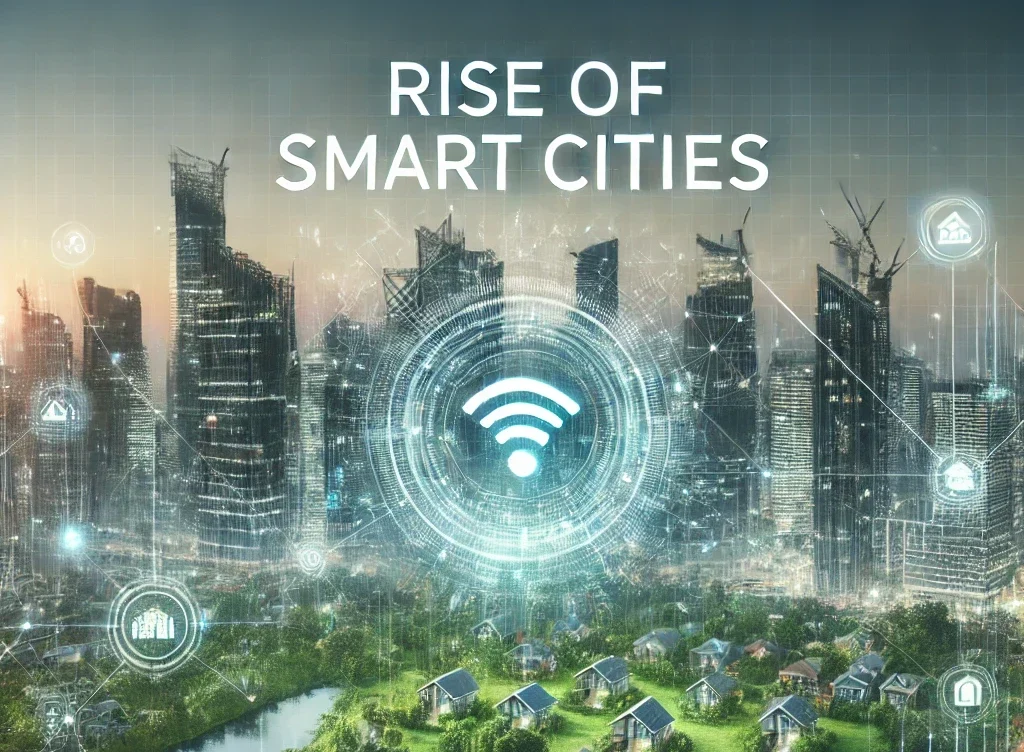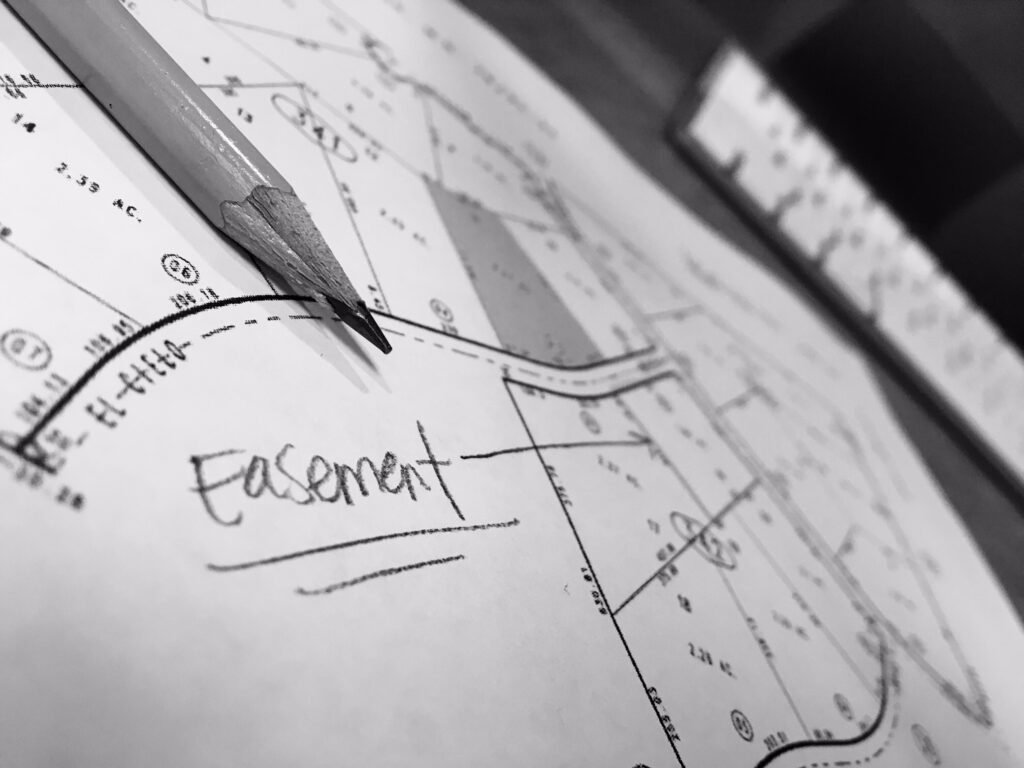
As cities become more connected and technologically advanced, smart cities are transforming the real estate landscape in ways that were unimaginable just a few years ago. From the way homes are built to how infrastructure is managed, technology is not only improving urban living but also making it more efficient, sustainable, and responsive to the needs of residents. In this blog, we’ll explore how major U.S. cities are adopting smart technologies and how these advancements will be reshaping real estate in 2025.

1. New York City: Pioneering Smart Infrastructure
New York City, always at the forefront of urban innovation, is now embracing smart infrastructure to improve energy efficiency and manage its growing population. In neighbourhoods like Hudson Yards, cutting edge IoT (Internet of Things) sensors monitor air quality, traffic patterns, and even pedestrian flow. Real estate developers in NYC are incorporating these technologies into both residential and commercial buildings, allowing for smart HVAC systems that adjust heating and cooling based on occupancy, and smart grids that help reduce energy consumption.
- Impact on Real Estate: These tech advancements make properties more energy-efficient, which is increasingly attractive to both residential and commercial buyers, boosting property values in smart zones like Hudson Yards.
2. San Francisco: A Hub for Sustainable Smart Homes
San Francisco has long been known as a tech hub, and its approach to real estate is no different. The city is focused on green building practices and smart homes that incorporate sustainable technologies like solar panels, energy-efficient appliances, and automated systems that control lighting, security, and climate. Many new developments in the Mission Bay and Dogpatch districts are leading the way with LEED certified buildings and homes designed with future-ready technology in mind.
- Impact on Real Estate: San Francisco’s smart home market has led to increased demand for eco-friendly properties. Homes with built-in smart technologies are seeing higher resale values, as more buyers seek out properties that reduce their carbon footprint and lower utility bills.
3. Austin: A Leader in 5G-Enabled Smart City Projects
Austin, Texas, is quickly becoming a leader in smart city initiatives, thanks to its early adoption of 5G infrastructure. The city’s PropTech scene is booming, with startups developing technologies to create smart neighborhoods that integrate high-speed internet, smart streetlights, and autonomous transportation. Mueller, a former airport now transformed into a tech-forward urban village, features homes and apartments equipped with the latest in home automation.
- Impact on Real Estate: 5G-enabled areas in Austin are seeing a surge in property demand as companies and individuals move to areas where high-speed connectivity can support everything from remote work to smart home systems. This has also driven up prices in areas like Mueller, where tech innovations attract tech-savvy buyers.

4. Miami: Building Resilience with Smart Tech Against Climate Change
With rising sea levels and climate change posing serious threats, Miami has turned to smart city technologies to build resilience. The city has integrated flood sensors, smart water management systems, and elevated construction techniques to protect homes and businesses from flooding. Developers in areas like Brickell and Downtown Miami are incorporating flood-resistant smart designs into their projects, ensuring that properties remain safe and sustainable in the face of environmental challenges.
- Impact on Real Estate: Properties in flood-prone areas that have implemented smart resilience technologies are retaining value better than those without such protections. Miami’s forward-thinking approach is making real estate in flood zones more viable and attractive to long-term investors.
5. Seattle: Automation in Property Management
In Seattle, automation is playing a big role in transforming real estate operations. Property managers are increasingly using AI-powered systems to handle everything from tenant requests to predictive maintenance of buildings. Additionally, smart locks and automated leasing systems are simplifying the rental process, making it easier for tenants to move in and out without the traditional red tape.
- Impact on Real Estate: The use of automation is reducing overhead costs for property owners and increasing tenant satisfaction. This, in turn, is driving up rental demand in Seattle’s hottest tech-centric neighborhoods like South Lake Union and Capitol Hill.
Final Thoughts
As more U.S. cities adopt smart technologies, the real estate sector is evolving at an unprecedented pace. Whether it’s energy-efficient homes, flood-resistant buildings, or AI-driven property management, these advancements are making urban living more efficient, sustainable, and attractive to buyers. For real estate investors and developers, staying ahead of these trends can provide significant returns as the demand for smart, tech-enabled properties continues to rise.
If you’re looking to invest in or buy real estate, keeping an eye on how these technologies are being integrated into urban developments is crucial. The future of real estate is smart, and cities like New York, San Francisco, Austin, Miami, and Seattle are leading the way.












